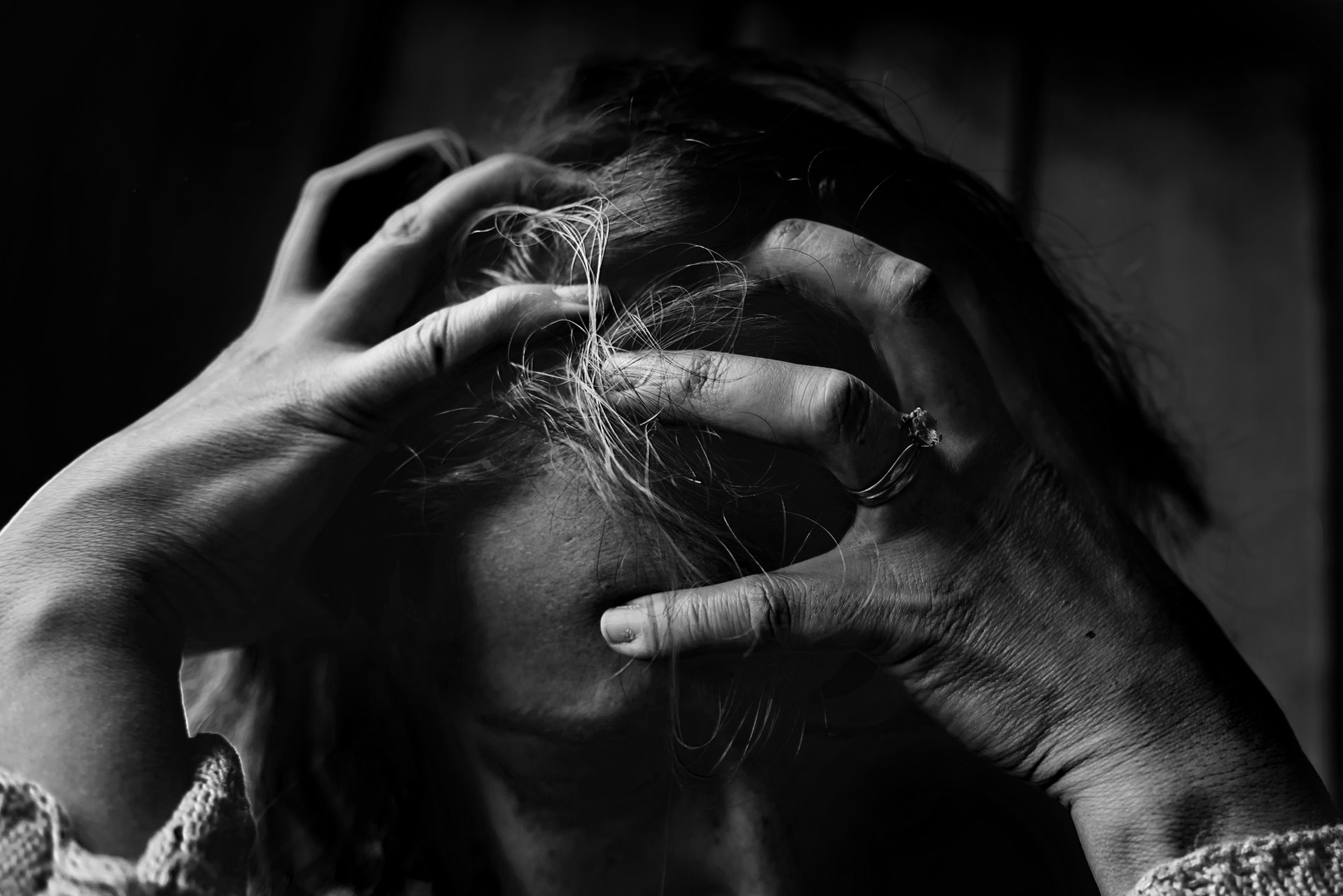Unseen and Unheard: A Reflection on Stigma and Silence
Away from my working environment, I witnessed something that left a lasting imprint. It wasn’t just a moment of ignorance; it was a cascade of stigmatising language directed at someone navigating the fragile terrain of poor mental health. The words were sharp, dismissive, and steeped in stereotype. They weren’t just careless; they were cruel.
The individual on the receiving end later confided in me. Their voice trembled, not with weakness, but with the weight of being silenced. “I felt like I was living in the 19th century,” they said, “like I was invisible. Unseen. Unheard.” When they tried to articulate their thoughts and emotions, they were shut down. Not supported, just shut down. In their own words, they felt like a “lunatic who needed to be locked up.”
That phrase haunted me. It echoed with the ghosts of outdated institutions, of padded walls and locked doors, of a time when mental illness was treated as a moral failing or a threat to be contained. And yet, here it was—alive in the present, resurrected through language that should have long been buried.
This moment brought to mind Erving Goffman’s seminal work on stigma, where he describes stigma as a “spoiled identity”, a mark that discredits individuals and reduces them to a single, socially devalued trait. In this case, mental illness became the lens through which the person was seen, and everything else, strength, humour, intelligence, humanity, was erased. Goffman reminds us that stigma is not just about labels; it’s about power. The power to define, exclude, and silence.
From a trauma-informed perspective, this interaction was not just harmful, it was retraumatising. Trauma-informed practice urges us to recognise the impact of past and present trauma and to create environments that foster safety, trust, and empowerment. It teaches us to ask not “What’s wrong with you?” but “What happened to you?” and to listen with compassion when the answer comes. In this case, the environment did the opposite. It denied voice, choice, and dignity.
We must do better in everyday conversations, in kitchens, classrooms, group chats, workplaces, and public spaces. Because every time we allow stigma to go unchallenged, we risk pushing someone further into silence. And silence, in the context of mental health, can be deadly.
